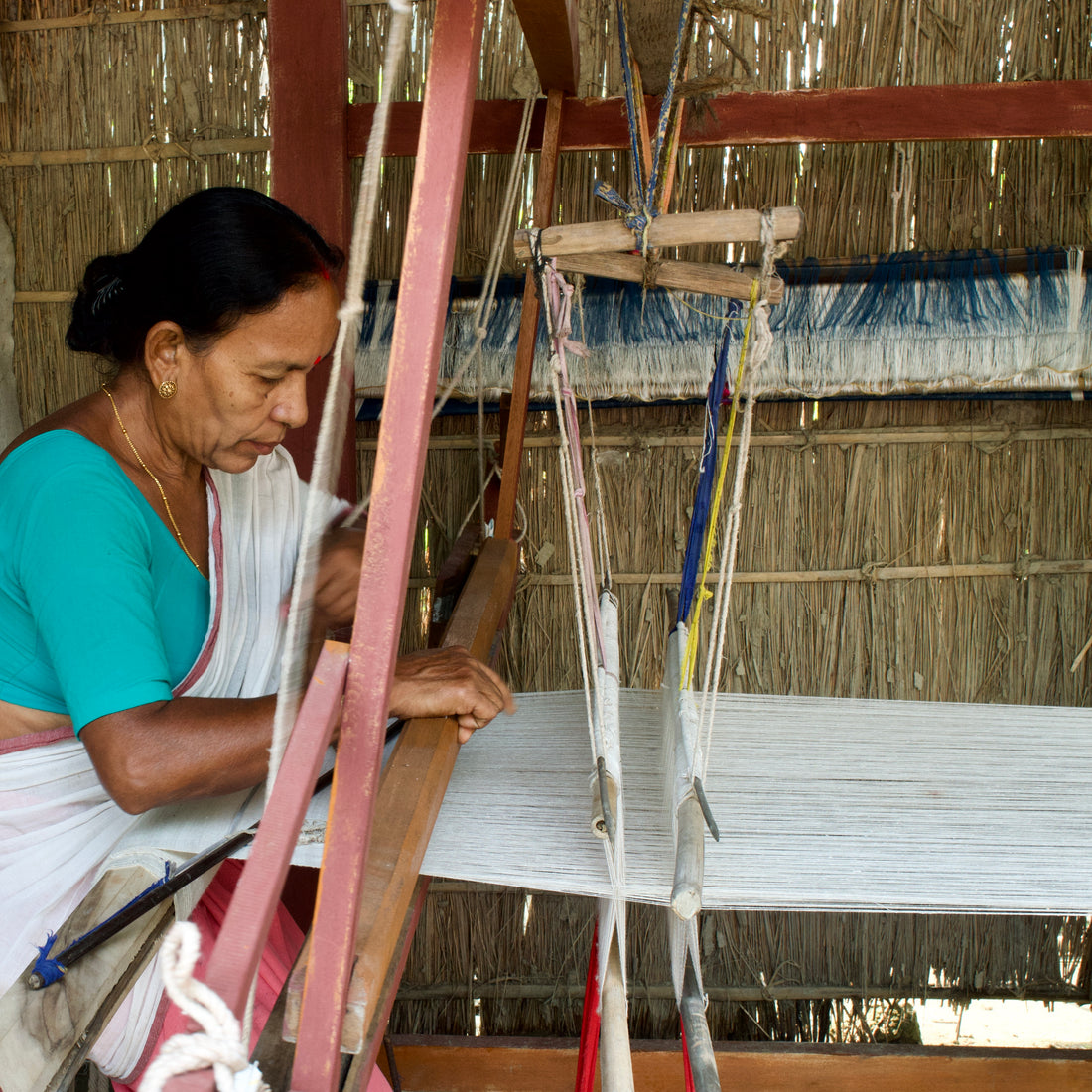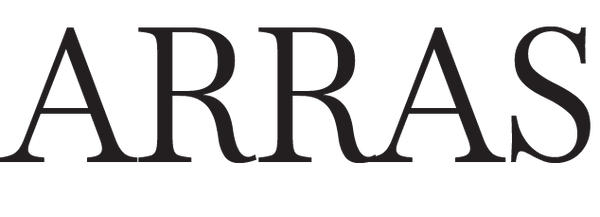
The Heart of Ethical Supply Chains: Why Putting People First is Crucial for Businesses
Share
In a world where mass production and overworked employees dominate the fashion industry, businesses, small and big, have to start prioritising ethics in their supply chains. Putting people first isn't just a trend - it's essential for creating sustainable and meaningful business practices. Read on as we explore why ethical supply chains are at the heart of small businesses like Arras, and how you can make a positive impact with your purchasing decisions.
But first, what is the problem with the current supply chain of fast fashion brands?
Unethical supply chains have far-reaching consequences that extend far beyond the bottom line. When businesses prioritise profit over people, workers often face exploitative working conditions, receiving unfair wages and enduring long hours without adequate (or even as some news reports allege, any!) rest. This not only harms their livelihoods but also erodes their dignity and mental and physical well-being.
Moreover, unethical practices in the supply chain can lead to environmental degradation. From mass-scale deforestation to water pollution and drought, these activities contribute to climate change and negatively impact local ecosystems. The use of harmful chemicals and unsustainable sourcing further exacerbates these issues, leading to long-term damage that affects communities for generations.
Why is a people-centered, ethical supply chain important?
When small businesses prioritise their employees and put people first in their supply chains, it creates a ripple effect of positive outcomes. By ensuring fair wages and working conditions, employees feel valued and motivated to perform at their best. This leads to increased productivity, lower turnover rates, and higher job satisfaction.
Moreover, and we speak from experience, happy and well-treated workers are more likely to go the extra mile for the business, providing better customer service and contributing innovative ideas. When employees are taken care of, they become brand ambassadors who uphold the company's values both internally and externally.
On top of that, businesses that focus on ethical practices attract socially conscious consumers- and shouldn’t we all be one in these dark ages?!- who appreciate transparency in the production process. This can result in increased sales as customers are willing to pay a premium for products made ethically with consideration for people's livelihoods. We live in a world where we are so used to low prices that we have become desensitised to the fact that those products have been made at the expense of another human’s worth.
Challenges:
That being said, implementing an ethical supply chain comes with its fair share of challenges for small businesses. In order to be fully transparent, we conduct our own research and due diligence on sourcing fabrics and materials but this takes significant cost and effort. With a small team, time is of the essence and deep diving into the supply chain of fabrics is a time-consuming process. Organic cotton production is only 1% of the world’s cotton production and as such, there are very few suppliers in India who provide organic cotton. Add to this that many suppliers often have high minimum order quantities that are unfeasible for businesses who are starting out with small capital.
Another issue is the cost associated with ethical sourcing. Fair wages, handloom fabrics and sustainable practices such as natural dyeing, exhibited beautiful in our Ahimsa Silk Scarves, come at a higher price, impacting the bottom line when we are already operating on tight budgets in a highly competitive fashion and accessories market.
Changing consumer behaviour is also a challenge as it's tough to convert customers who are accustomed to low prices online.Through Arras’s social media pages, we educate our customers about the social impact of supporting fair trade products to help shift this mindset gradually.
Overcoming these obstacles requires dedication, patience, and a strong commitment to putting people first in every aspect of the supply chain process. By tackling these challenges head-on, we know that we can make a significant difference in promoting sustainable development and improving livelihoods for artisans worldwide.
So how do we prioritise ethical sourcing in the Arras supply chain?
Arras started out working with local weavers to create Eri silk sarees and scarves to support their livelihoods and communities in rural Assam. We spent months visiting villages in Assam, meeting weaver communities and tracing the supply chain right to the beginning of how silk is produced.
As we started introducing other fabrics and designs, we were open to our customers about where our materials come from and how they are produced. This information was shared for our cotton block print designs hand printed by artisans in New Delhi and in our digital printed viscose womenswear which used less water than traditional industrial printing.
Our employees and weavers receive fair wages and work in safe environments. We welcome anyone willing to learn and put in the hard work.
Lastly, we continuously educate ourselves and stay informed about sustainable practices within our industry. Continuous learning and improvement are key to creating a supply chain that puts people first.
It's crucial for us to recognise the interconnectedness between social impact and environmental sustainability in order to build a more responsible and resilient business model. Whether it's paying fair prices for the raw materials, fair wages for the labour involved in the making of our Peace Silk fabrics, sarees and stoles, hand block printed textiles or by sourcing from suppliers who share our values we focus on transparency in our sourcing practices, ensuring that every step of our production process upholds ethical standards.
